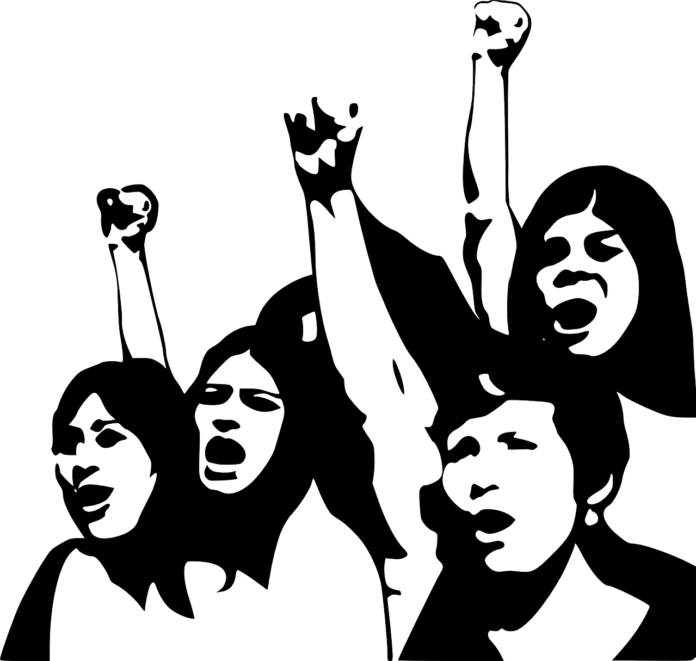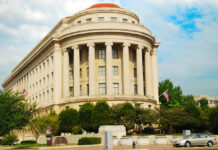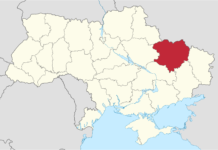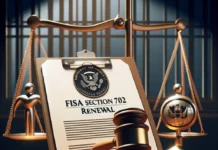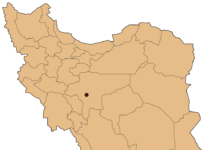China has been pushing forward the past few weeks to pass a new national security law(anti-sedition law) that will impose new controls and place additional restrictions on the people of Hong Kong.
The people of Hong Kong believe that the new laws would take away the current policy of one country two systems rule.
The new law would criminalize the following types of behavior:
- Sedition of the central government in Beijing.
- Secession from the central government in Beijing.
- Subversion of the central government in Beijing.
- Foreign Interference
- Terrorism
China is planning on passing the new law in its annual meeting with parliament over the next week. China said the reason for passing the new laws is to help safeguard its national security going forward.
Zhang Yesui, spokesman for the National People’s Congress (NPC) said, “National security is the bedrock underpinning a country’s stability. Safeguarding national security serves the fundamental interests of all Chinese people, including our HK compatriots”.
Chinese Foreign Minister Wang Yi said the law would have, “No impact on Hong Kong’s high degree of autonomy, the rights and freedoms of Hong Kong residents, or the legitimate rights and interests of foreign investors in Hong Kong. Instead of becoming unnecessarily worried, people should have more confidence in Hong Kong’s future. This will improve Hong Kong’s legal system and bring more stability, a stronger rule of law and a better business environment to Hong Kong”.
In response to China’s determination to pass the new security law some top US officials responded:
- President Trump said if the law is passed the US will, “Address that issue very strongly”.
- Speaker of the House Nancy Pelosi said, “Beijing’s announcement of yet another attempt to bring an end to the “one country, two systems” framework in #HongKong is deeply alarming. Attempting to circumvent the HK legislature shows a complete disrespect for the rule of law”.
- Secretary of State Mike Pompeo said, “Any decision impinging on Hong Kong’s autonomy and freedoms as guaranteed under the Sino-British Joint Declaration and the Basic Law would inevitably impact our assessment of One Country, Two Systems and the status of the territory”.
- Democratic Presidential candidate Joe Biden said, “We should be calling the rest of the world to condemn their actions”.
- Republican Senate Majority Leader Mitch McConnell said, “A further crackdown from Beijing will only intensify the Senate’s interest in reexamining the U.S.-China relationship”.
Global leaders also responded to China:
- The UK, Australia, and Canada issued a joint statement saying, “We are deeply concerned at proposals for introducing legislation related to national security in Hong Kong. The legally binding Joint Declaration, signed by China and the UK, sets out that Hong Kong will have a high degree of autonomy. It also provides that rights and freedoms, including those of the person, of the press, of assembly, of association and others, will be ensured by law in Hong Kong, and that the provisions of the two UN covenants on human rights (the International Covenant on Civil and Political Rights and International Covenant on Economic, Social and Cultural Rights) shall remain in force”.
